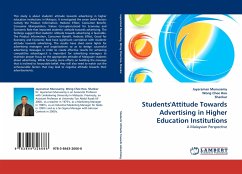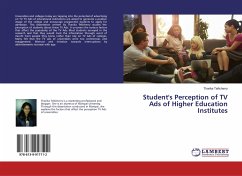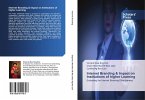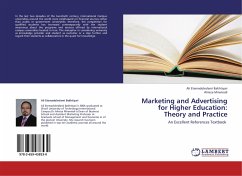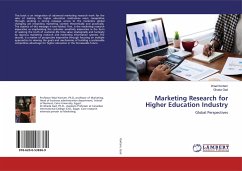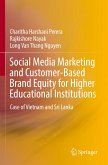This study is about students' attitude towards advertising in higher education institutions in Malaysia. It investigated the seven belief factors namely the Product Information, Hedonic Effect, Consumer Benefit, Consumer Manipulation, Values Corruption,Good for Economy and Economic Role that impacted students' attitude towards advertising. The findings suggest that students' attitude towards advertising is favorable. The Product Information, Consumer Benefit, Hedonic Effect, Good for Economy and Economic Role have significant correlation with students' attitude towards advertising. The results have shed some lights for advertising managers and organizations so as to design successful advertising messages in order to create effective results for achieving competitive advantages.It is important for advertising managers to maintain proper focus on the appropriate attitude of Malaysian students about advertising. While focusing more efforts on building the message that is inclined tofavourable belief, they will also need to watch out the unfavourable factors that may lead to negative attitude towards their advertisements.

